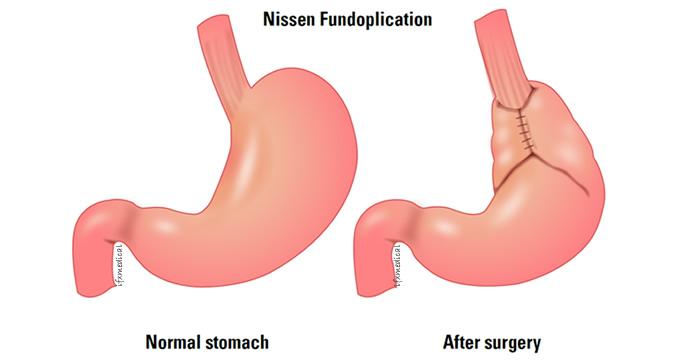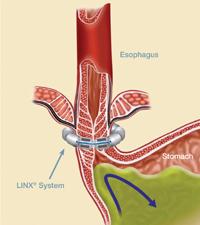Anti Reflux Procedures: Types, Benefits, and Treatment Options
Managing Gastroesophageal Reflux Disease (GERD) Effectively
Gastroesophageal reflux disease (GERD) is a common condition characterized by the backward flow of stomach acid into the esophagus, causing discomfort and symptoms like heartburn, regurgitation, and chest pain. In this blog post, we will explore the different types of anti-reflux procedures, their benefits, and the available treatment options for managing GERD. Understanding these procedures can help individuals make informed decisions about their treatment plan and find relief from GERD symptoms.
What are Anti Reflux Procedures?
Fundoplication
Fundoplication is a surgical procedure commonly used to treat GERD. During the procedure, the upper part of the stomach, known as the fundus, is wrapped around the lower esophageal sphincter (LES) to strengthen it and prevent acid reflux. This reinforces the barrier between the stomach and the esophagus, reducing the frequency and severity of reflux episodes.

Linx Reflux Management System
The Linx Reflux Management System is a minimally invasive procedure that involves the placement of a small, flexible ring of magnetic beads around the LES. These beads help keep the LES closed to prevent reflux while allowing food to pass through normally. The Linx system provides a long-term solution for managing GERD and offers benefits such as preserving the ability to belch and vomit.

Benefits of Anti Reflux Procedures
Symptom Relief
Anti-reflux procedures provide significant symptom relief for individuals with GERD. By improving the function of the LES and reducing acid reflux, these procedures alleviate symptoms like heartburn, regurgitation, and chest pain. Patients often experience a noticeable improvement in their quality of life, allowing them to eat, sleep, and engage in daily activities more comfortably.
Medication Reduction
Anti-reflux procedures can also reduce or eliminate the need for long-term medication use. While medications like proton pump inhibitors (PPIs) can help manage GERD symptoms, they may have potential side effects and limitations. Anti-reflux procedures offer an alternative approach that addresses the underlying cause of GERD, potentially allowing patients to reduce or discontinue medication use.
Treatment Options for GERD
Lifestyle Modifications
In addition to anti-reflux procedures, lifestyle modifications play a crucial role in managing GERD. These may include avoiding trigger foods, maintaining a healthy weight, elevating the head of the bed, eating smaller meals, and avoiding eating close to bedtime. Lifestyle changes can complement medical interventions and help reduce the frequency and severity of GERD symptoms.
Medications
Medications such as antacids, H2 blockers, and proton pump inhibitors are commonly prescribed to manage GERD symptoms. They work by reducing the production of stomach acid or neutralizing its effects. Medications can provide temporary relief and may be used in combination with lifestyle modifications or as a precursor to considering surgical options.
Managing GERD with Anti Reflux Procedures
Anti reflux procedures offer effective treatment options for individuals suffering from GERD. By addressing the underlying cause of acid reflux, these procedures provide long-term symptom relief, reduce the need for medication, and improve overall quality of life. If you are experiencing persistent GERD symptoms, consult with a healthcare professional to determine the most suitable treatment approach for your condition.
Remember, this blog post is intended for informational purposes only and should not replace medical advice. It is important to consult with a qualified healthcare professional to receive personalized guidance and recommendations based on your specific situation.
We are associated with experienced and highly skilled medical professionals. We use the latest medical technology available in the world and we provide medical services in collaboration with JCI & NABH Certified hospitals only. Our services include various types of treatment and organ restructuring and transplant.
